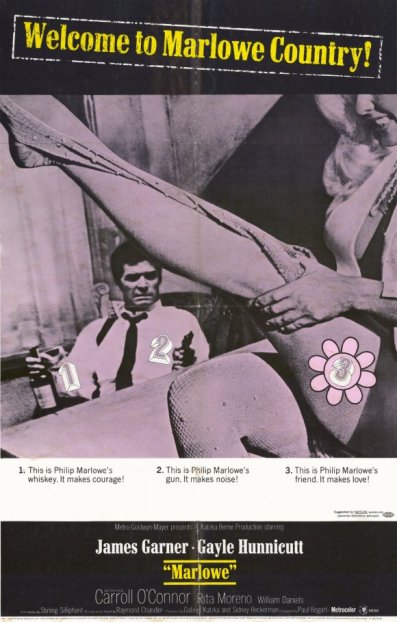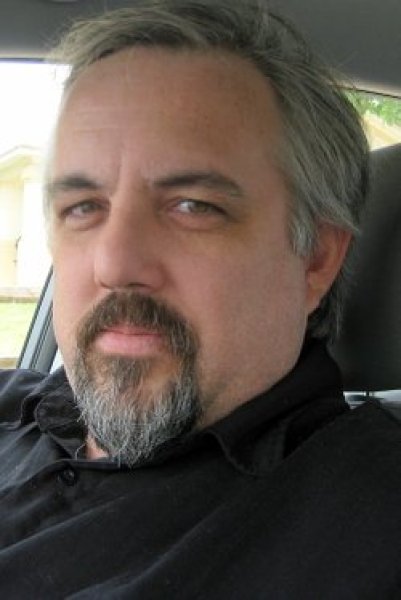This Monday, June 1st, the 7% Solution Book Club will be discussing Fuminori Nakamura’s award-winning exploration into the world of pickpockets, The Thief. The 7% Solution Book Club meets the first Monday of each month at 7 PM on BookPeople’s 3rd floor to discuss an eclectic range of detective fiction. Book club selections are 10% off at the register in the month before discussion.
– Post by Molly
Fuminori Nakamura, a Japanese novelist who bridges the gap between literary fiction and noir, broke out onto the international crime fiction scene in 2010 with The Thief, published in English translation through SoHo Press, and winner of the Kenzaburo Oe and David Goodis prizes. The novel tells the story of a pickpocket at the top of his game, yet increasingly aware of his own mortality.
The titular character mentors a young shoplifter, mourns the loss of his partner, and watches his choices narrow as he finds himself increasingly drawn in to Yakuza business, all while skillfully – nay, artistically – picking the pockets of Tokyo’s wealthiest. Nakamura lists some sources at the end of his novel, and his careful research into the techniques and argot of the pickpocket’s world shows throughout the novel.
The Thief is a mystery novel, a minimalist roman noir, but it also carries on the tradition of the outsider novel, telling the stories of the lumpen-proletariat realistically, without glamorizing the underworld. If Jean Genet’s The Thief’s Journal had been written with the same noir sensibility of The Stranger, it perhaps would have read like this. I thought of Jean Genet frequently while reading The Thief.
The Thief is a novel about petty criminals, buffeted by forces they have no power against and may or may not ever affect them. It is set in a world where the gap between those who commit nonviolent crimes and the masterminds that occasionally (and dangerously) recruit their labor is such that no reader would lump each into the same dehumanizing category of “criminals.” The Thief is one of those fascinating explorations of underworld society where the authorities are those who are higher up in the criminal world, and the police exist only as figures to avoid, rather than as the prime impediment to criminal activity.
“This tension, between the neutrality of looking and the citizen’s burden of response, seeps from the narrative into the reader’s own sense of self, drawing attention to the voyeurism inherent in all fiction, but especially crime fiction.”
The cops are shadowy, ominous presences, appearing to the story’s characters in the same way that the prosperous may lay awake at night, worrying about the spector of home invasion. What matters to Fuminori Nakamura’s characters is that with which they can allow themselves to be concerned – namely, their day-to-day hardscrabble existence, mixed with the long-term fantasies of their broken dreams, or the fiendishly complex schemes they embark on that cannot possibly go wrong – at least, for the man in charge.
I chose Nakamura’s latest novel, Last Winter, We Parted, for last November’s MysteryPeople Pick of the Month, and while the two are very different narratives – Last Winter, We Parted follows a journalist’s investigation into the psyche of a murderous photographer who burns his victims alive – the two novels are equally obsessed with the act of watching others, and the overlap between observing others and targeting them.
Last Winter, We Parted stars a photographer whose obsession with capturing beauty leads him to kill his victims, while the protagonist of The Thief spends his days observing others intently, using observation to pick targets and execute theft – another blurring of the barrier between observation and action, recording the present and determining the future. This tension, between the neutrality of looking and the citizen’s burden of response, seeps from the narrative into the reader’s own sense of self, drawing attention to the voyeurism inherent in all fiction, but especially crime fiction.
It seems no coincidence that The Thief won awards named after Kenzaburo Oe and David Goodis – Nakamura’s writing seems to draw inspiration from both, or perhaps his writing just dovetails nicely into the bleak, noirest-of-the-noir characters and relationships of Goodis while including the stark minimalism and fate-defying humanity of Oe’s post-war Japan. Both Oe and Goodis were known for their desperate, yet moral, characters living on the edges of society.
Oe and Goodis each made frequent use of characters who, although doomed, continue up until the last second to live within their own code and do what they consider to be the right thing, and this adherence to their own ethics rested entirely outside of society’s ever shifting moral compass. Perhaps, for Goodis and Oe, two writers of the mid-20th century, adherence to ethics with no discernable reward was the only way to preserve humanism beyond World War II. Perhaps, for Nakamura, this notion of decency without benefit is as true today as in the blighted landscape of Japan after WWII, and the United States during the Great Depression. Perhaps, this notion should not cheer me, but it does.
You can find copies of The Thief on our shelves and via bookpeople.com. June is International Crime Fiction Month, and this month we’ll be traveling all over the world in our three mystery book clubs. On Tuesday, June 16th, at 2 PM on BookPeople’s 3rd floor, the Murder In The Afternoon Book Club will be discussing Jean-Claude Izzo’s underworld classic, Total Chaos, the first volume in his Marseilles Noir trilogy, and the Hard Word Book Club tackles Jacob Arjouni’s Happy Birthday, Turk! on Wedesday, June 27th, at 7 PM in BookPeople’s cafe.






















